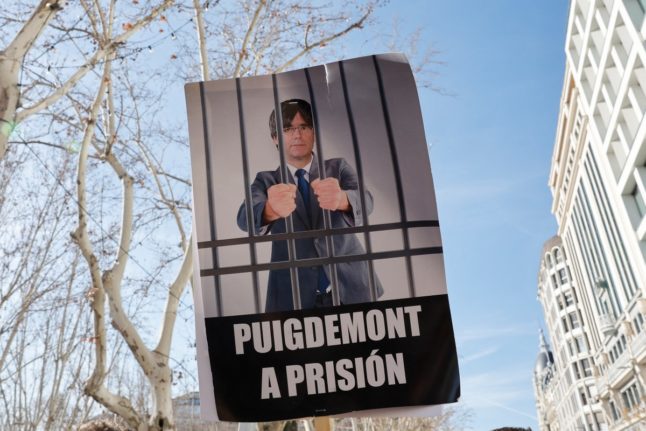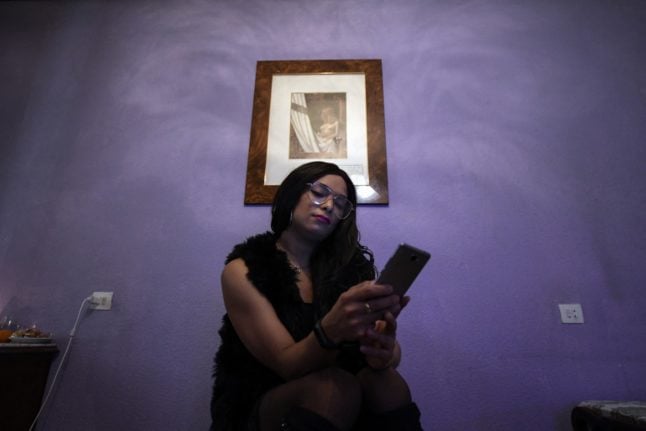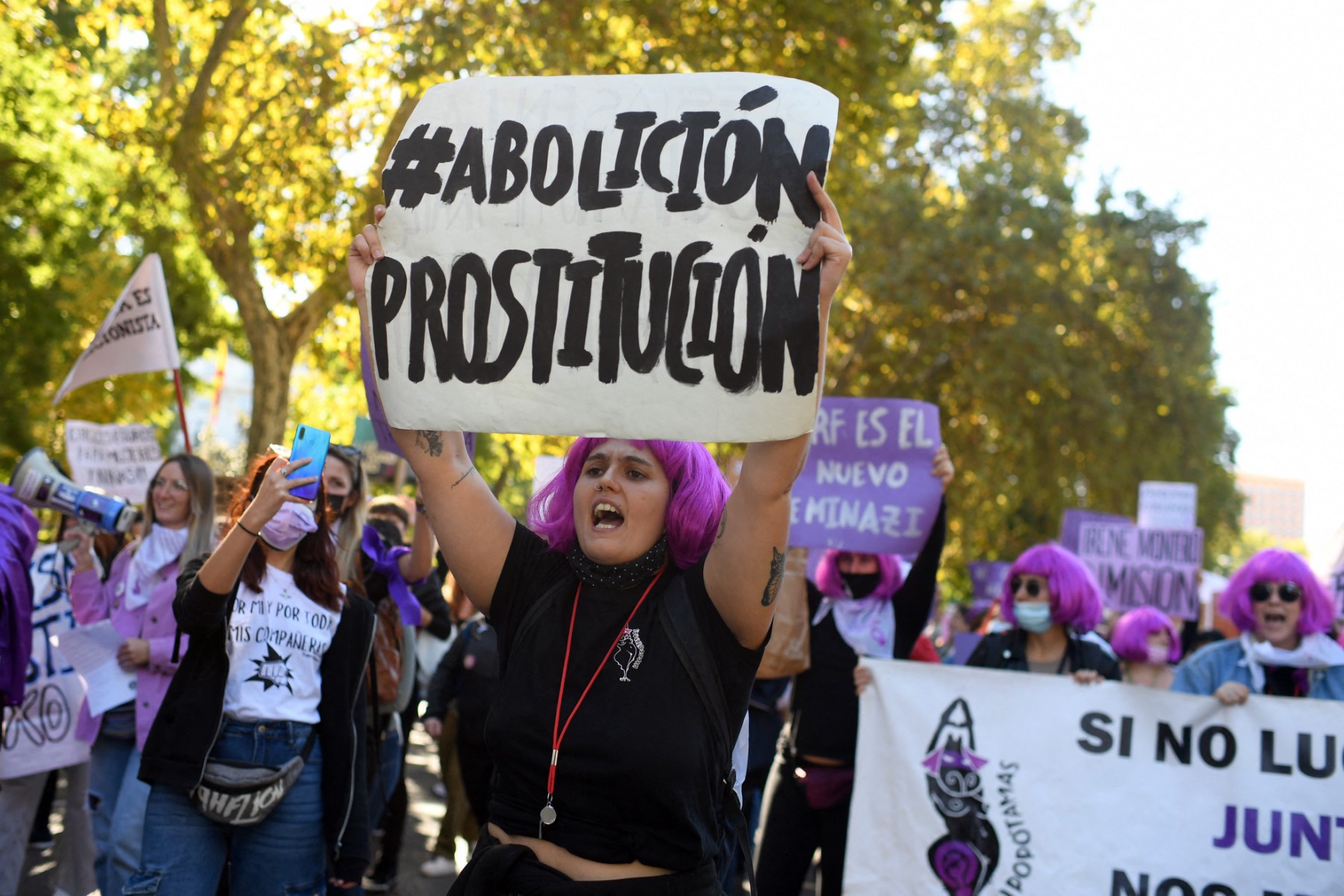The decision to extend the investigation for another six months was announced a day before Spanish lawmakers were to vote on a controversial amnesty law for separatists involved in a failed Catalan independence bid in 2017.
The amnesty law was a demand made by Puigdemont’s hardline separatist JxCat party in exchange for supporting a parliamentary vote in November that allowed Prime Minister Pedro Sánchez to serve a new term in office.
In a document dated January 26th, but only released on Monday, the magistrate said he was extending by six months his investigation which was due to end on February 27th.
“Given the extraordinary complexity of the case … it is absolutely impossible to finish the investigation” by the end of February, he wrote.
READ ALSO: Carles Puigdemont, Spain’s separatist kingmaker
The aim is to determine whether Puigdemont, the Catalan regional leader during the 2017 succession bid, had contact with the Kremlin and sought Russian support for an eventual Catalan state in exchange for mainly financial “compensations”.
After reviewing evidence, the judge said he found found “information which identifies people and confirms the close personal relationships between some of those under investigation with Russian, German or Italian individuals.”
“Some (of the Russians) held diplomatic roles at the time or had relationships with the Russian secret service,” the magistrate wrote, saying such contacts were a part of “the Russian government’s political strategy.. to destabilise democracy and the European Union”.
Others were “influential members of German and Italian political parties on the extreme right,” he wrote.
The investigation involves Puigdemont and several of his close allies.
READ ALSO:




 Please whitelist us to continue reading.
Please whitelist us to continue reading.
Member comments